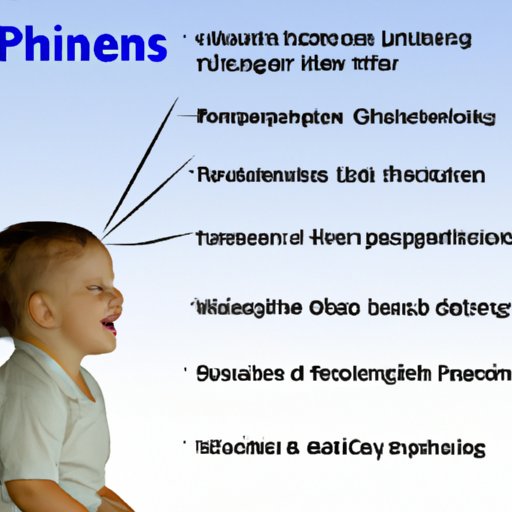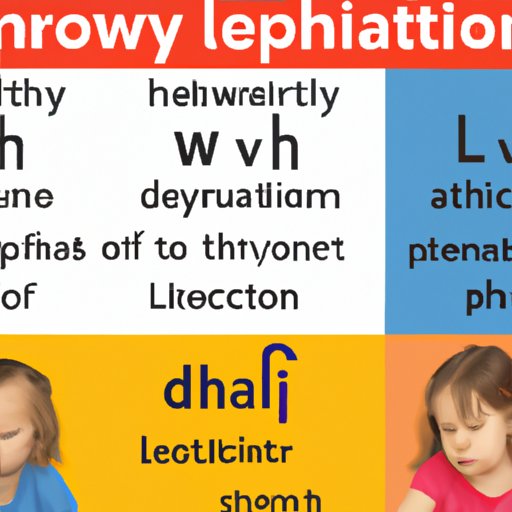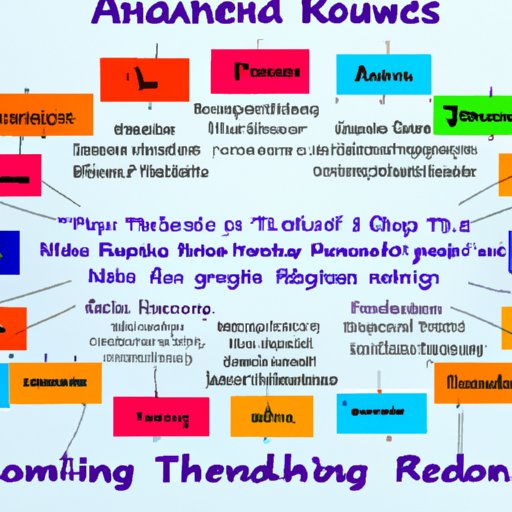Introduction
Phonological awareness is an important concept in early childhood education, as it has a strong influence on literacy development. It refers to the ability to identify and manipulate the sounds of spoken language, including syllables, rhyming words, and individual letters. This skill is essential for successful reading and writing, as it helps children distinguish the sounds that make up words and understand how those sounds connect to written symbols.
The relationship between phonological awareness and reading and writing is often overlooked or underestimated. However, research has shown that phonological awareness plays a critical role in developing reading and writing skills and is closely linked to literacy development and overall academic success.

Benefits of Developing Phonological Awareness in Early Childhood Education
Developing phonological awareness in early childhood education provides numerous benefits for children. First and foremost, it improves language skills, which are necessary for all areas of learning. In addition, phonological awareness helps children develop more advanced literacy skills, such as recognizing and manipulating the sounds of language, understanding word meaning, and identifying letter patterns. Finally, phonological awareness enhances cognitive development by providing children with the foundation needed to understand and use abstract concepts.
Evidence-Based Strategies for Improving Phonological Awareness
There are several evidence-based strategies that can be used to improve phonological awareness. Repetition of sounds and rhymes is an effective way to help children learn the different sounds and how they work together. Visual aids, such as flashcards and pictures, can also be used to enhance learning. Music and movement activities are another great way to engage children and help them learn phonological awareness. Additionally, providing children with opportunities to explore and experiment with sounds can help further their understanding of phonological awareness.

How Phonological Awareness Influences Literacy Development
Phonological awareness is a key component of literacy development, as it helps children develop the foundational skills needed for reading and writing. It enhances listening and speaking skills by teaching children to recognize the different sounds in language and how they work together. Additionally, it encourages word recognition and vocabulary expansion by helping children learn new words and their meanings. Finally, phonological awareness helps with spelling and writing, as it enables children to understand the relationship between sounds and written symbols.

The Role of Phonological Awareness in Supporting Successful Reading Instruction
Phonological awareness is essential for successful reading instruction, as it helps children understand the sounds and letters that make up words. By teaching children to recognize and manipulate the sounds of language, they are better able to decode words and comprehend what they are reading. Additionally, phonological awareness helps children understand the connection between spoken and written language, which is essential for successful reading instruction.
Impact of Phonological Awareness on Reading Comprehension and Fluency
Phonological awareness has a significant impact on reading comprehension and fluency. It enhances memory retention by helping children remember the words and sounds they have learned. Additionally, it promotes accuracy in reading by enabling children to quickly and accurately decode words. Finally, phonological awareness improves reading speed and efficiency by helping children recognize words quickly and accurately.
Conclusion
In conclusion, phonological awareness is an essential concept in early childhood education. It has a strong influence on literacy development, as it helps children understand the sounds of language and how they relate to written symbols. Additionally, it enhances memory retention, promotes accuracy in reading, and improves reading speed and efficiency. By developing phonological awareness, children will be better prepared to succeed in school and beyond.
(Note: Is this article not meeting your expectations? Do you have knowledge or insights to share? Unlock new opportunities and expand your reach by joining our authors team. Click Registration to join us and share your expertise with our readers.)
